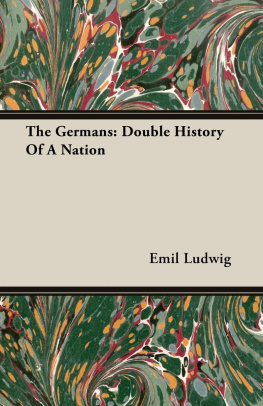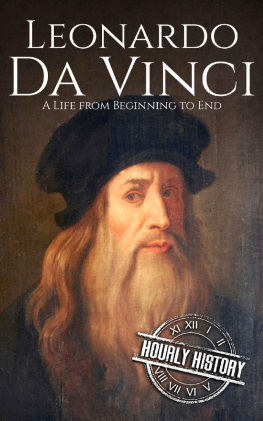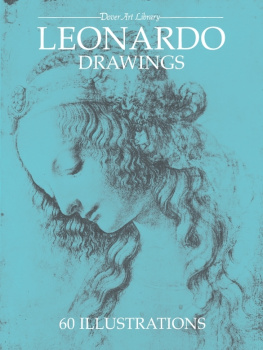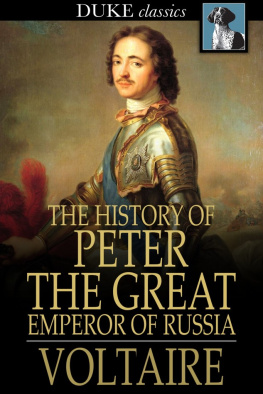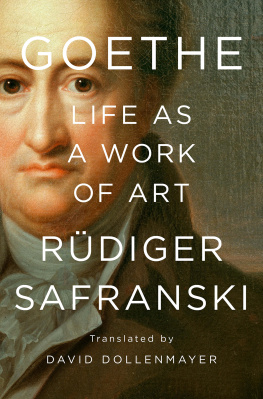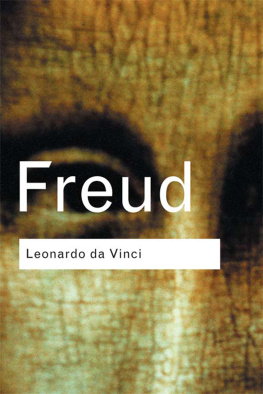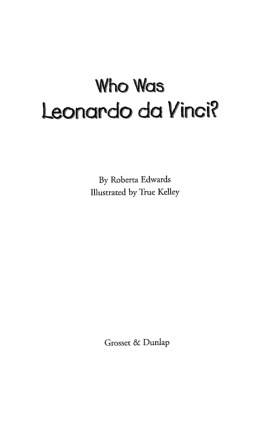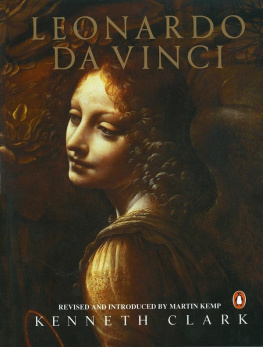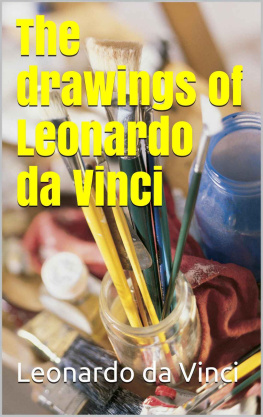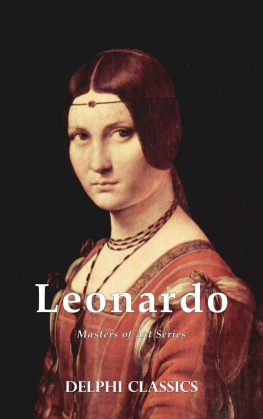With me, as you know, the great men come first, and the military heroes last. I call those men great who have distinguished themselves in useful or constructive pursuits; the others, who ravage and subdue provinces, are merely heroes. -- VOLTAIRE.
COPYRIGHT, 1927, BY HARCOURT, BRACE AND COMPANY, INC.
Published, October, 1927 Second printing before publication, October, 1927 Third printing, November, 1927 Fourth printing, December, 1927
PRINTED IN THE U.S.A. BY QUINN & BODEN COMPANY, INC. RAHWAY, N. J.
INTRODUCTION: ON THE WRITING OF HISTORY
THE most modern of all portraitists has been dead now for no less than eighteen hundred years. I refer to Plutarch, who was -- paradoxically enough -- a Botian. But actually, he was an Athenian in culture, a Frenchman in psychological acumen, English in his Puritanism, and in thoroughness a German. At the time of Trajan4 he explicitly formulated, and exemplified in his own work, those principles of procedure which we, again today, are attempting to utilize.
"I record, not history, but human destiny. The evidences of vice or virtue are not confined to famous accomplishments; often some trivial event, a word, a joke, will serve better than great campaigns and battles as a revelation of character. The painter employs details of feature and expression to procure an external likeness of the inner man -- and similarly, I should be allowed to focus my attention upon those subjects which bear directly upon the spirit, selecting such matter as this to give my portrait form and leaving it for others to write of wars and exploits."
In every age there have been great men who loved Plutarch: for here the student of mankind could find the replica of his own impulses, potentialities and failings. Napoleon carried Plutarch with him for twenty years, often reading in his tent, on the eve of a battle, the life of Csar. And even his mortal enemy, the Baron vom. Stein, writes of how "great men have found in history an incentive to noble action in their youth, prac
-3-
tical advice in riper years, and in old age -- on looking back upon the drama of their own lives -- a source of encouragement and solace for all that they have suffered."
After a period which attempted to define man in terms of descent and breeding, we enter upon an era totally alien to the Darwinian mentality; once again we turn our attention to the personality per se, the personality almost devoid of temporal cordinates, considering the volume, intensity, and resistance of its vital forces, the restless fluid of its emotional configurations, and the balance between its impulse towards action and its repression through precept. Whereas our fathers asked, "How did the individual harmonize with his world?" our first question is, "Does he harmonize with himself?" Questions of success and responsibility have been shifted from the environment back to the individual, so that the analysis which was formerly expended upon the milieu now seeks to penetrate within. Further, the renewed interest in memoirs is biological: and perhaps the portraitist of today, who is first of all a psychologist, is much nearer to the biologist than to the historian.
And he has correspondingly greater freedom in his method of treatment. He can exploit the dramatic form, or the short essay, the detailed, exhaustive life history, or the editorial. He should be at home in all these methods of approach, and should select them in accordance with the subject and purpose of his work -- just as his colleague, the speechless portrait-painter, makes use of oil, crayon or charcoal, etching needle or water color.
His problem remains a constant: it is the discovery of a human soul. Of course, the portraitist reworks the material supplied by the purely scientific biographer and
-4-
is always indebted to him. With a kind of nave cynicism, he appropriates the scientist's laboriously collated facts for purposes of his own: an artist who ransacks the flower beds and leaves a pillaged garden behind for the grumbling caretaker, while he himself goes off with a superb bouquet gleaming in his arms.
For if the philologist begins with an investigation and gradually assembles the picture of a man, the portraitist begins with the concept of a character and searches in the archives for what is at bottom the corroboration of an intuition. But woe to him if he is tempted to improvise, to shift his dates ever so little, thereby encroaching upon the novelist!
For the historical novel is always the unhistorical novel -- and for this reason it is the bugbear of the genuine portraitist. To take the liberty of fabrication under the gis of history does not merely entail a transgression against one's subject; also, it is a deliberate choice of inferior materials, since God is expert, is more imaginative than the poet, and has always imbued the course of His creatures' lives with a deeper logic than even the most skilled constructor can invent. If a writer does not stand with reverence before the inevitable sequence of all the dates in a human life, he should never attempt the restoration of a character in history. Let him, rather, remain in the realm of undisciplined dreaming!
It is best that the portraitist should confine himself to characters who have died and who are therefore, as expressed in the vernacular, finished. For often the time, the nature and the circumstances of a death determine the interpretation of all preceding events. The portrait of a living figure can only be correct with reservations; and the last picture that is made of a man, the death
-5-
mask, will always remain the truest, although not always by any means the most beautiful.


